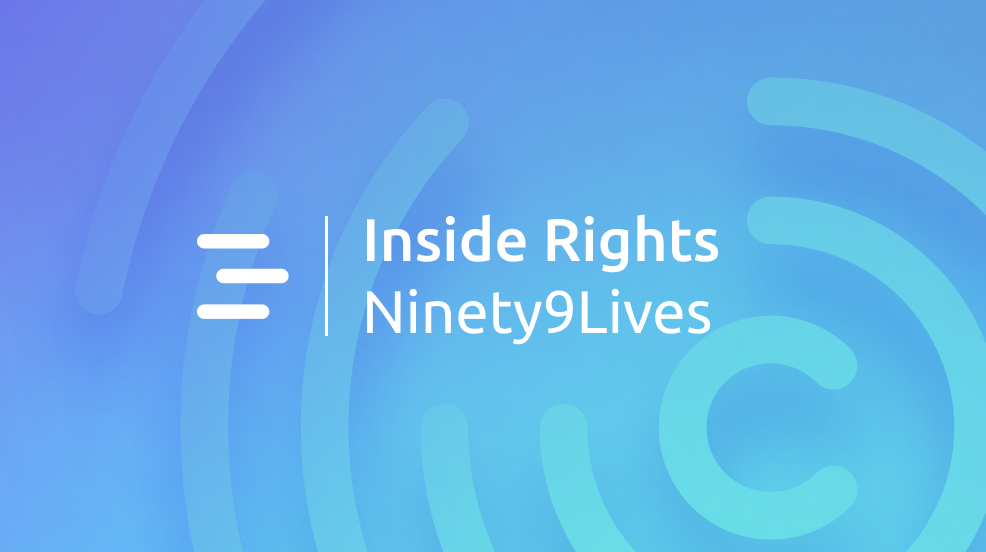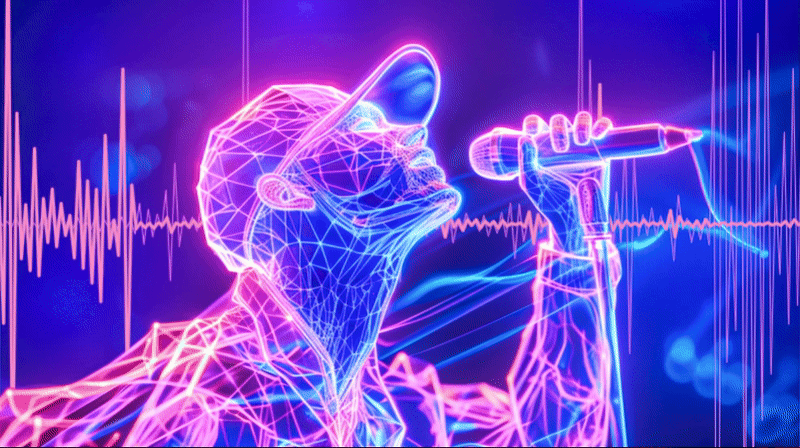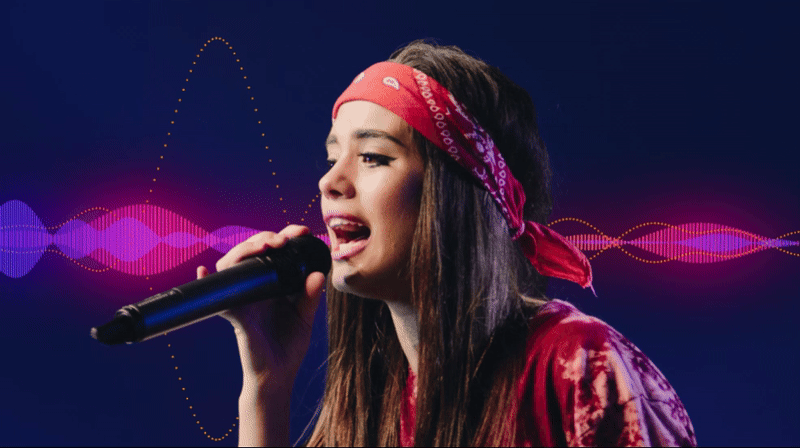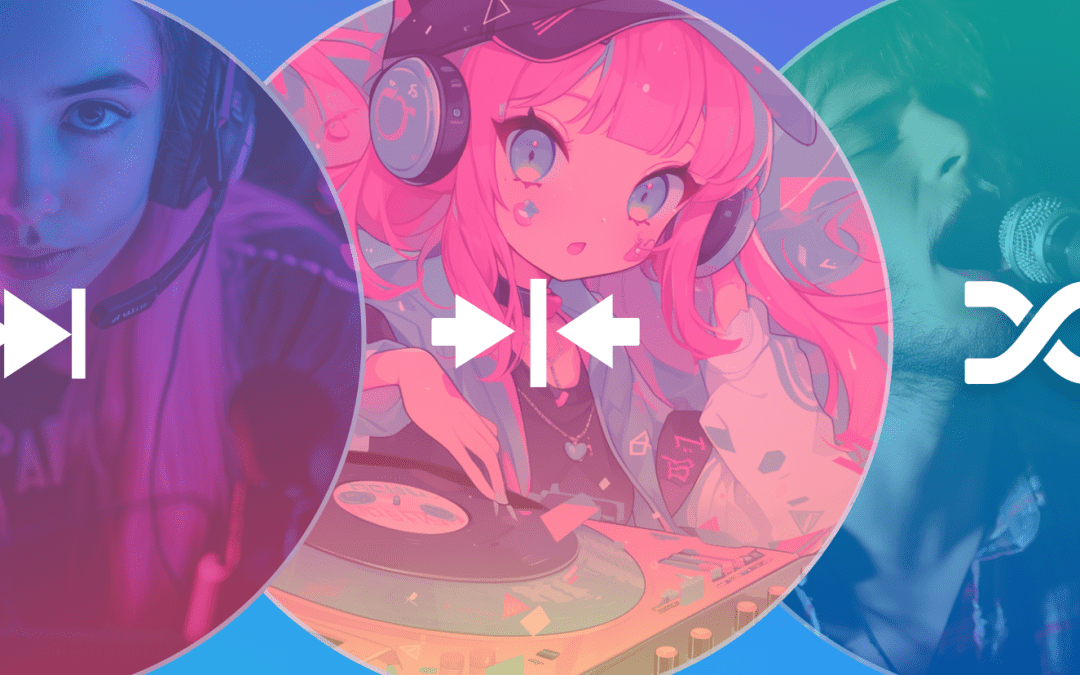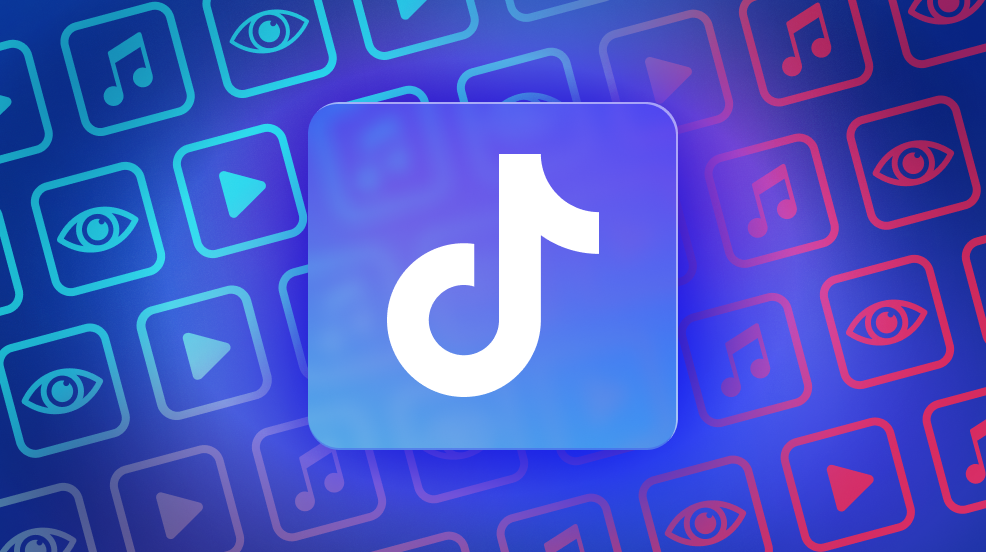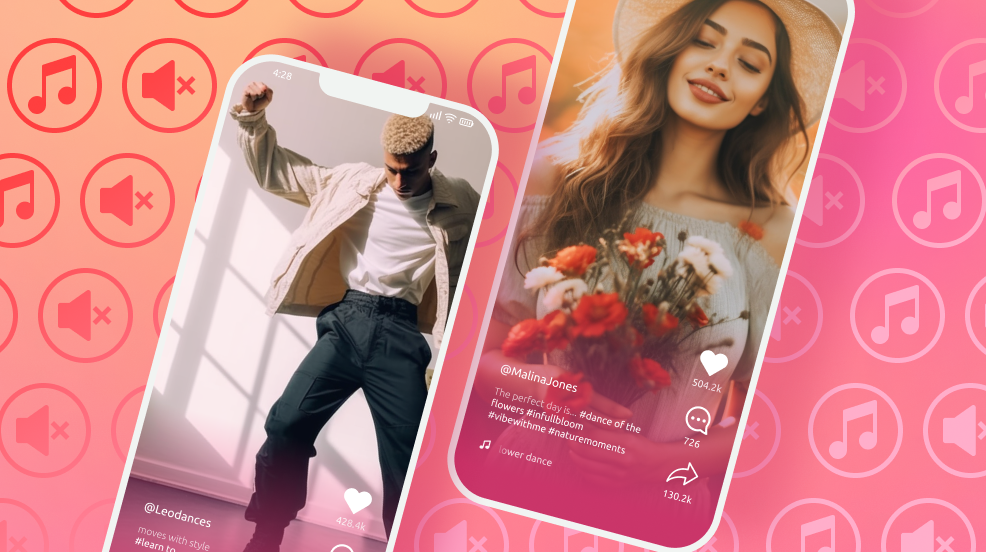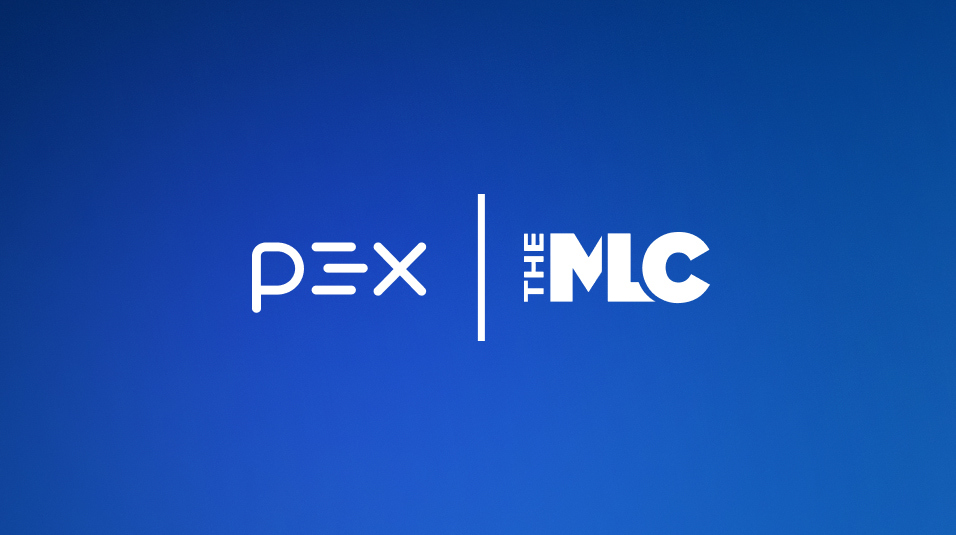Royalty-free music for gaming and the challenges of copyright use on social media
Inside Rights is an interview series hosted by Pex. As the trusted global leader in digital rights technology, we routinely speak with rightsholders about their copyright challenges and successes. We hope this series sheds light on the complexities of copyright use on social media and the importance of proper attribution for platforms, rightsholders, and content creators.
Copyright use on social media is complex for everyone involved: platforms, rightsholders, and content creators. Even when copyrighted content, such as music, is licensed for use, it’s still incredibly difficult to correctly identify a licensed use from a non-licensed use. At Pex, we’re helping solve the many challenges surrounding music licensing with our Attribution Engine. Others have created solutions to help as well, including Ninety9Lives and Pretzel, both of which provide music for content creators that is safe to use in their social media uploads. Even when using pre-licensed or royalty-free music, rightsholders like Ninety9Lives and content creators still struggle with identification and attribution.
I spoke with Heather Johnson, CEO at Ninety9Lives, to learn about her unique struggles with copyright use on social media platforms, including YouTube and Twitch, and how they use Pretzel to help. Read the interview to learn about the need for better licensing and monetization tools, and how rightsholders would benefit from a central ownership database.
Courtnay Moriarty: Which platforms do you feel are most important for the success of your new releases?
Heather Johnson: So for us, it’s slightly different because of our background. YouTube is our first platform that we target for a new release. Specifically gaming content creators. We’ve been so deeply ingrained in the gaming + music sector of this space, because that’s who we targeted initially within YouTube. So, even though YouTube encompasses so much more than just gaming, that was the audience we really went after. It’s also the same audience that jumped to Twitch. Content creators who already use Ninety9Lives music on Twitch and YouTube tend to adopt a lot of the new Ninety9Lives content.
It’s a difficult audience to expand into. Most content creators want to play the music they know/hear on Spotify editorial playlists and radio. And the idea of using music that is safe for their content isn’t on the forefront of their minds. Content creators don’t always look at what they do as a business. But, as content creators start to earn a liveable wage and are forced to deal with things like taxes and risk assessment, they start to understand why looking at what they do through the lens of a business is the best approach. But before that, the idea of paying for anything that could protect their business or add value to their business isn’t really a thing at the forefront of their minds. When they do, labels like us and products like Pretzel are there to handle the music licensing side of things.
CM: Let’s chat about attribution. Could you explain a bit more how that works for your team?
HJ: Ninety9Lives licenses on an attribution based model. On YouTube, if you use our music in your video, we just ask that you copy the attribution “blurb” for the song from our website and paste it in the description of your video. As long as the attribution is there, your license is valid. Twitch is a little different. The preferred method of attribution is a chat message for each song played that conveys the same information that the attribution on YouTube does: our name, the artist’s name(s), the name of the song, and a link to the song on stores. We typically point users at Pretzel for that. We’ve talked about building a chatbot where a content creator would put in playlists, and as it plays through the playlist, the bot just pops out a chat message and it drops the attribution into the chat. Honestly, it’s not super complex. But I also do not have a ton of data proving that attribution on Twitch fairs any better than on YouTube. I would need more proof of the effectiveness for us to invest the time and money to build and maintain a chatbot. We’d rather they use Pretzel – which pays and handles the chat attribution itself. Interestingly enough, when we see high usage of our music on Twitch through Pretzel, we don’t necessarily see that reflected in our plays on Spotify. It’s difficult data to correlate. With our licensing model, we have, in a sense, done quite a bit of stifling of our own potential by opting to not tightly enforce the attribution or charge for the use of our music.
CM: What are the issues you have with monetization tools?
HJ: The policies for [automated content recognition tools], which Twitch and many other platforms use, aren’t nuanced enough for what we’re trying to do. The beauty of YouTube’s Content ID system is that we can create a nuanced policy that allows us to see analytics, review a license on a case-by-case basis, or build tech around it. Even Facebook Rights Manager, which we have access to, doesn’t have that level of nuance. In the meantime, there’s really no interface for us to set a platform wide policy that fits our model right now. There’s very little control from the rightsholder’s standpoint: it’s either allow or don’t.
CM: Can you give an example of something nuanced that you wanted to do but weren’t able to with current licensing infrastructure?
HJ: Sure. Let’s look at Twitch muting. Twitch uses a third party service to identify uses of copyrighted material in their user’s past broadcast VoDs (video on demand). Twitch checks the audio against its vendor’s database and if it identifies a song, it checks the policy set by the rightsholder. If the policy is “block” then the segment of the VoD is muted. If the policy is set to “allow” then nothing is muted. There are only two policies: “block” and “allow.”
But, what if I want to “allow” properly licensed uses of my music on Twitch and block all unauthorized uses of my music. How does Twitch know which uses are permitted and which are not? You can do this on YouTube through manual review processes or by disputing a claim, but you can’t do this on Twitch. So, now my options are to either set my policy to “block” for everything, knowing that each creator that has the appropriate license will have to appeal each mute. Or, I can set my policy to allow, knowing that the only way I can remove unauthorized uses of my music is through DMCA notice and takedown requests. The DMCA is a pretty blunt instrument for license enforcement, and one we shy away from because it breaks trust with our largest audience: content creators. Then you add in the complexity of sample packs and people who steal our music and re-upload it through music distribution platforms. So, that’s our biggest headache right now, because it’s really horrible brand perception when our music is muted on Twitch, even if the music is properly licensed.
Pretzel deals with this on a massive scale. Even though the music is properly licensed, users may experience mutes. Not because the music isn’t properly licensed, but because the tools don’t exist to validate proper licensing on these platforms.
CM: How much of that granular control do rightsholders want versus how much would they actually use?
HJ: I think more and more rightsholders, who want to create a healthy licensing marketplace for these platforms, identify that there is a need for more granular control within some of these content id systems. Especially when dealing with automatic content recognition technology, you need more flexibility than blanket policies such as “block,” “claim,” or “allow.” We need the ability to create custom policies with custom rules. We desperately need technology that allows us to grant licenses on a per-use basis under various terms. Licensing is complex, so to think that we don’t need tools with more control to handle those complexities is silly.
CM: We understand that there is a lot of work that goes into rights conflict workflows. How do you see automation helping you where other tools haven’t?
HJ: A perfect example of a system that struggles with this is YouTube’s Content ID. You would think that whomever could show proof of ownership or rights to manage would “win” any conflict. But that’s not how it works. Right now, whoever enters the asset into the system first always wins the conflict. The first person to enter the asset is always assumed to be the source of truth on the ownership. YouTube’s Content ID system is by no means the source of truth on ownership. And YouTube doesn’t resolve conflicts; they wipe their hands clean of it. Which makes sense, because they are not interested in being the police of music ownership worldwide. They provide us with limited communication tools and then ask us (rightsholders) to resolve it outside of the system.
One of the things that we (the music industry as a whole) talk about all of the time is, “wouldn’t it be amazing if there was a centralized database of ownership for all copyrights worldwide?” And there have been multiple attempts, but no successes because it’s such a massive beast. When it comes to ownership, conflicts and automation, the only thing that I see being valuable is if you could pull from a single source of truth as to who owns what and that also includes proof of ownership documentation. And right now, that doesn’t exist. So, manual review and lawyers are part of the process.
Pex helps music rightsholders control their content
Pex works with music rightsholders to identify, attribute, and license uses of their catalog on UGC platforms. Any rightsholder, regardless of size, can register their catalog in Pex’s Attribution Engine at no cost to get started managing their content.
Contact our team [email protected] to learn more.
About Ninety9Lives: Ninety9Lives is a music label providing royalty-free music for content creators to use on YouTube, Twitch and social media. Creators can download a track from Ninety9Lives, include it in an upload, and then just copy and paste the provided attribution data into their content’s description to make their upload safe from copyright infringement.
About Pretzel: Pretzel provides DMCA-safe music for a content creator’s monetized streams and VODs. Creators can use Pretzel tracks and playlists on social media without having to worry about takedowns. Pretzel’s chatbot provides the attribution to a song’s rightsholders as it plays in a stream or video. Artists can upload their music to Pretzel to be included in the service and have their songs played in streams on Twitch or YouTube, with proper credit.

